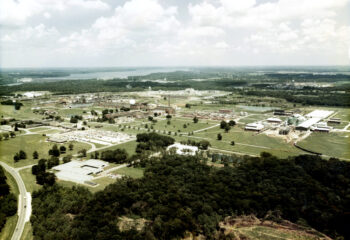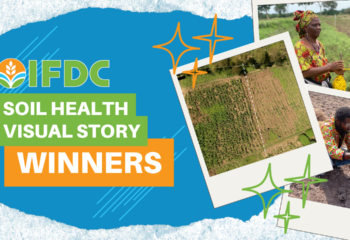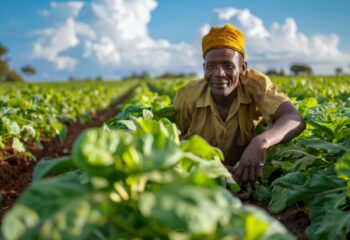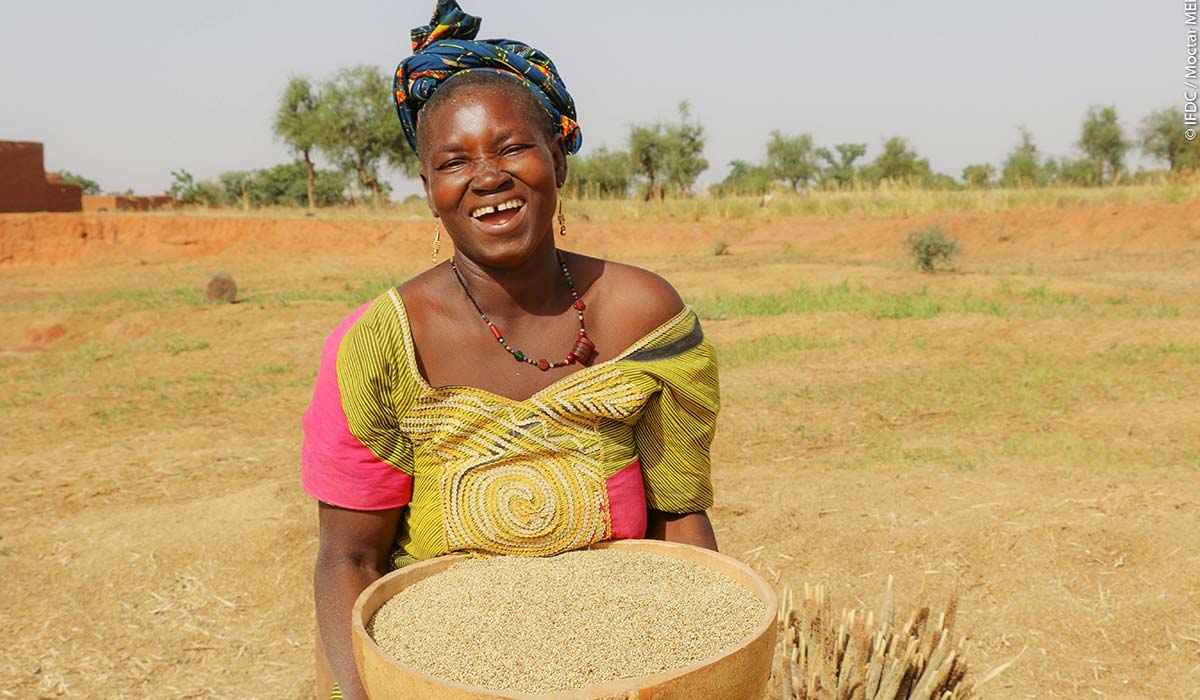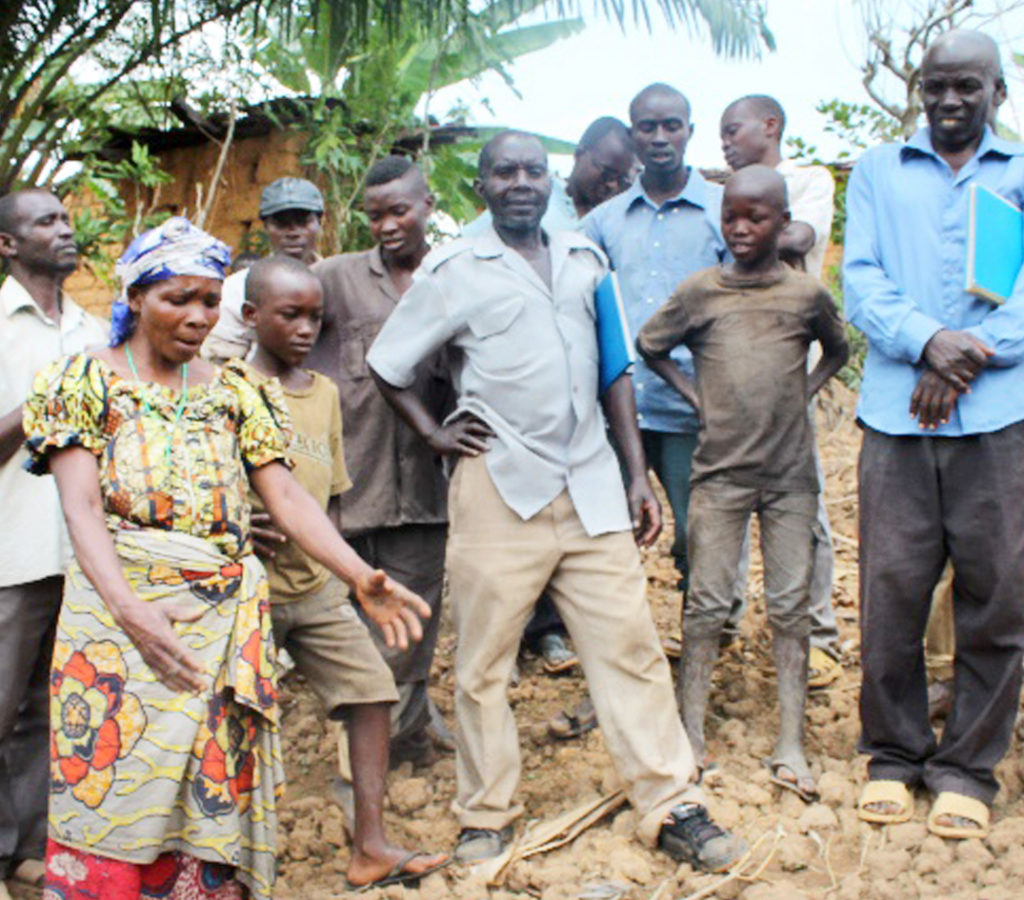
Creating new technology is not a one-way street
The world’s 500 million small farms are on the frontlines of climate change and other global challenges. These farmers are providing food for a population that is expected to grow to 9.6 billion by 2050. IFDC and others in the development community are asking themselves, “How can we help farmers grow more food under increasingly challenging conditions?” We must remember these farmers have been farming longer than we have been developing new technology. Only by listening to their circumstances will we bring about truly sustainable solutions that address what farmers actually need.
Instead we must ask the question: “What can we learn from the smallholder farmer?”
Farmers are entrepreneurs
They will adopt new technology only if it makes economic sense.
When IFDC first introduced urea deep placement (UDP) technology to Bangladesh, it was not widely adopted. Why? Farmers could access cheap fertilizers highly subsidized by the government. The economic benefit did not outweigh the cost. Farmers adopted the technology when they were able to access it at more affordable prices. UDP requires one-third less fertilizer and increases yields by approximately 20 percent. These factors increase farm income by about U.S. $130 per hectare. Now, UDP is profitable for farmers; thus adoption rates have been high.
Farmers are more successful when they collaborate with one another
Increasingly, farmers are organizing as communities that grow and sell their food together. These partnerships allow them to sell their crops for a higher price, increasing profitability. In Africa, IFDC projects build on this concept by connecting trained stakeholders from all parts of the agricultural value chain – networks that include banks, agro-dealers, storage facilities, processors and other partners. Farmer groups link to private sector buyers in global food markets. Bringing the right partners together for collective, coordinated action boosts long-term food security.
Farmers need more than innovation
Introducing smallholder farmers to pioneering technologies will increase yields while mitigating climate change. But these technologies will not help smallholder farmers if they cannot afford or access them. Additionally, farmers’ incomes won’t increase unless they can get their products to a profitable market.
Achieving food security requires global, holistic solutions that no single organization can address. In addition to building relationships with farmers, we must build networks: with agro-dealers, scientists, companies, donors – those who can translate research into practice.
Organizations are creating technologies that will complement better fertilizers, such as drought-resistant seeds, improved irrigation systems, and better infrastructure. Additionally, chemical nor organic fertilizers alone can solve global hunger. Only a holistic approach that involves many disciplines can do that. IFDC engages professionals from various fields, such as nutrition, chemistry, biology, and finance, to make innovative fertilizer technology a reality.
Creating new technology is not a one-way street. By learning from one another, farmers, researchers and donors can create solutions that are complementary, that work better and are sustainable. By listening to farmers, these solutions are made relevant. On World Food Day, let us resolve to not work alone.

